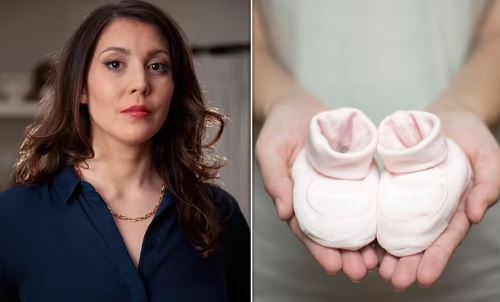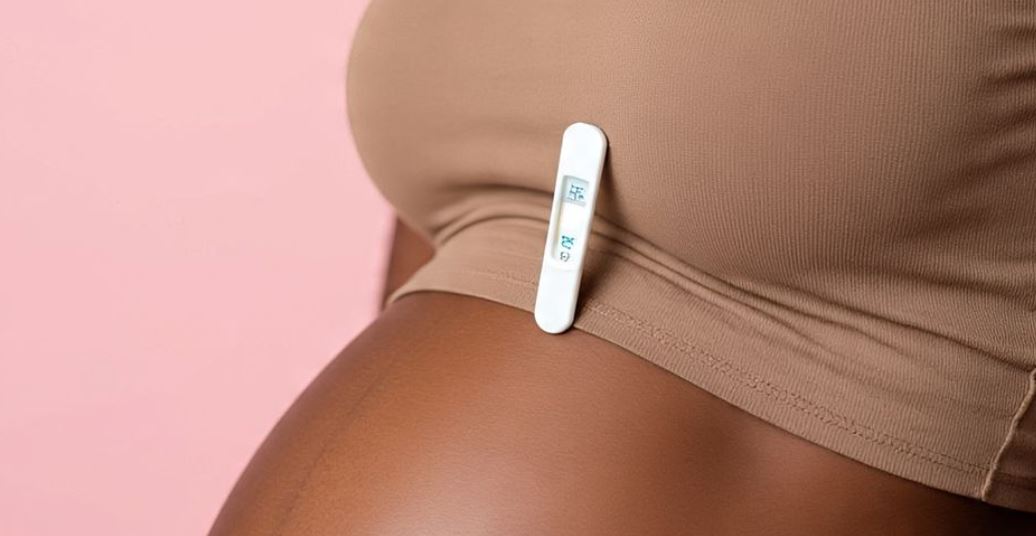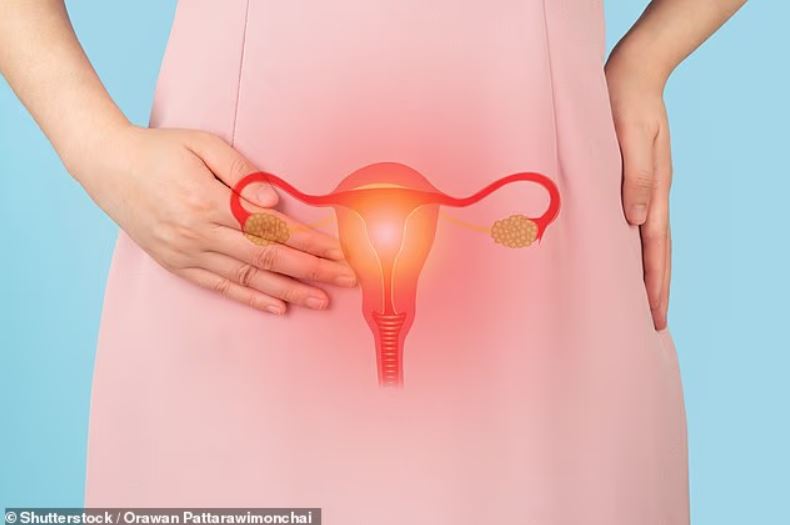Why miscarriages are a warning sign you’re at risk of heart disease
There are many questions that haunt you after a miscarriage. Why did this happen? What, if anything, could I have done differently? Will it happen again? What would my life be like now if the pregnancy had continued?
Since attempting to start a family six years ago, I have had four miscarriages and — joyfully — one healthy son (now a very opinionated two-year-old), though my husband Dan and I never found a reason for our previous losses.
And now there is another question to add to all those others: does my history of miscarriage mean I have an increased risk of heart disease?
Last year, a review of data from more than four million women, across 22 studies from around the world, concluded that having two or more miscarriages was associated with a significant increase in the risk of coronary heart disease in future. The researchers called for the recurrent miscarriage to be ‘explicitly included in guidelines’ for assessing heart health risks.
Having a baby who was stillborn was also associated with a higher risk of cardiovascular disease and stroke, according to the findings in the European Heart Journal.
What is not yet known is why two or more miscarriages should increase your risk of heart disease later in life.
It could be that there are overlapping risk factors for both miscarriages and cardiovascular disease, such as smoking, obesity or alcohol consumption.
But there could also be shared underlying causes.
As Professor Stevenson points out, it could be coincidence.
But there is a plausible biological explanation, he suggests: ‘What we might consider to be a cause of recurrent miscarriage is some kind of dysfunction of the blood vessels — and that would be the link to coronary disease in later life.’
























